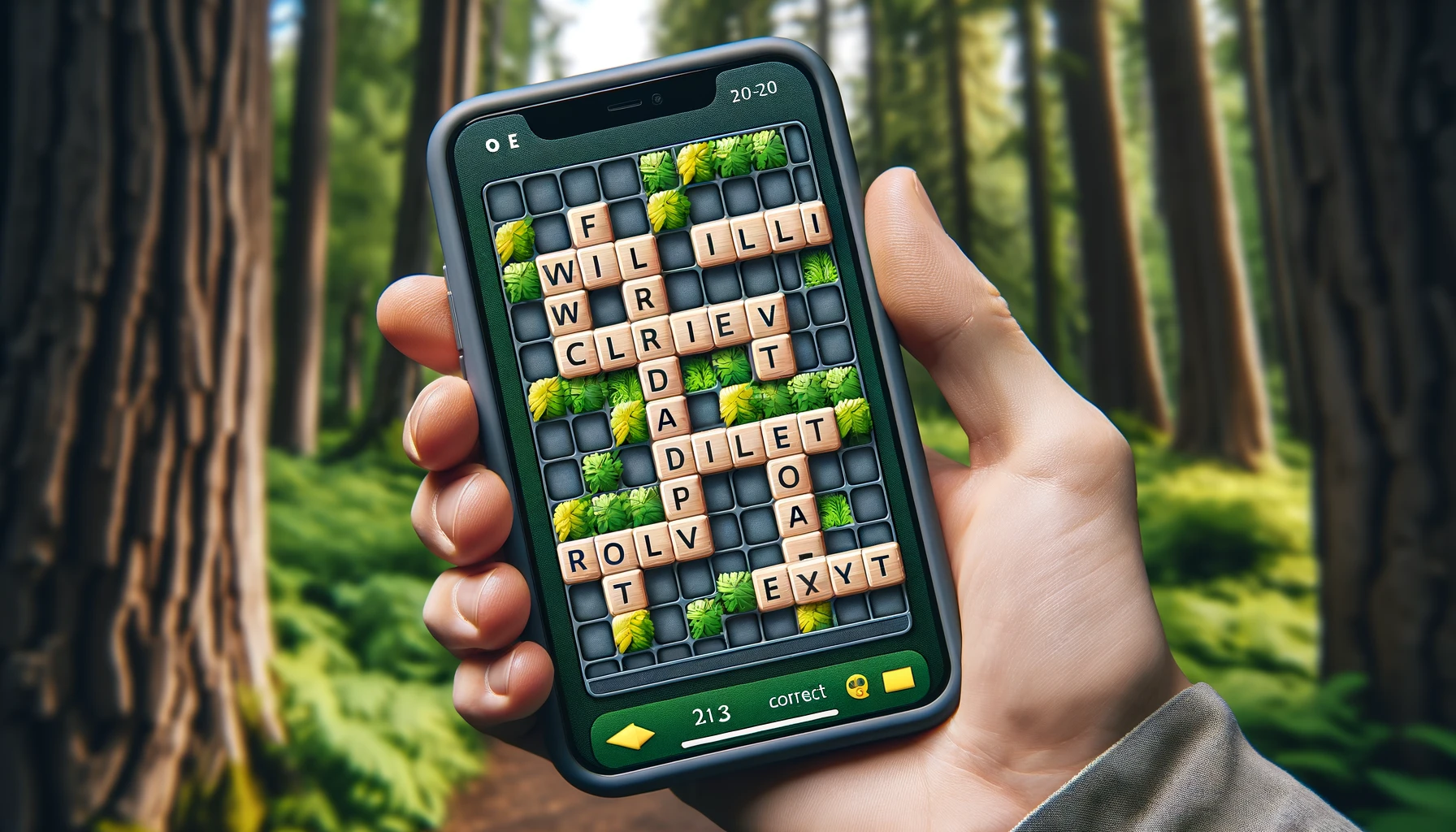Wordle, the daily word puzzle that has captivated millions, continues to offer both fun and frustration with its unique challenges. On a particular day, players might find themselves stumped by the puzzle’s complexity, which may include words like EBONY, characterized by its use of a solitary vowel and lacking any repeated letters. This puzzle not only serves as a brain teaser but also educates players on words that aren’t in everyday use, expanding their vocabulary through game play.
Over time, the words chosen for the puzzle have shown a trend towards diversity and complexity, aiming to make the guessing game more engaging. Comparing the information from previous publications, it’s clear that the target words are carefully chosen to include an interesting mix of common and uncommon letters. Past solutions offer hints at strategic word choices, such as avoiding recent answers and considering words with non-repeating letters. This aspect of Wordle not only tests lexical knowledge but also strategic thinking, as players must remember past answers and apply this knowledge to make educated guesses.
How Does Today’s Challenge Compare?
Today’s Wordle uses the word EBONY, a dark wood commonly used in fine furniture. This choice reflects the game’s tendency to select words that educate and challenge the player’s vocabulary. The word’s structure, featuring a single vowel and no repeated letters, exemplifies the typical complexity that keeps enthusiasts returning each day to test their skills.
Effective Strategies for Wordle?
Successful strategies for tackling Wordle include starting with a word rich in vowels and common consonants, and using the second guess tactically to narrow down possible letters. This approach helps in efficiently zeroing in on the correct answer without wasting guesses. Observing the hints each guess provides is crucial, transforming the game into a puzzle of logic as much as it is of vocabulary.
Why Keep Track of Past Answers?
Keeping a mental note of past Wordle answers can be immensely beneficial. It helps players avoid repeat guesses and better understand the puzzle maker’s pattern, possibly predicting the complexity or simplicity of future puzzles. This knowledge is a valuable tool in the daily quest to solve the puzzle in the fewest tries possible.
User-Usable Inferences
- Begin with words rich in vowels and common consonants for an effective start.
- Use your second guess to eliminate the most number of possibilities.
- Keep track of past answers to improve guess efficiency.
Conclusively, Wordle not only serves as a daily mental exercise but also subtly enhances the player’s vocabulary and strategic thinking skills. Each day’s answer, such as EBONY, provides insights into less commonly used words, blending education with entertainment. The evolution of Wordle, from a simple game designed by Josh Wardle to a global phenomenon, underscores the universal appeal of puzzles and the joy of a shared daily challenge. As players continue to engage with Wordle, they not only become better at the game but also enrich their linguistic abilities, making it a worthwhile investment of their time.










